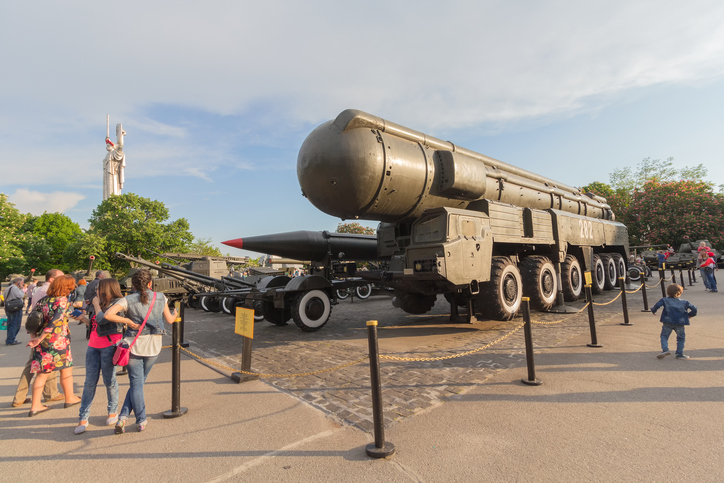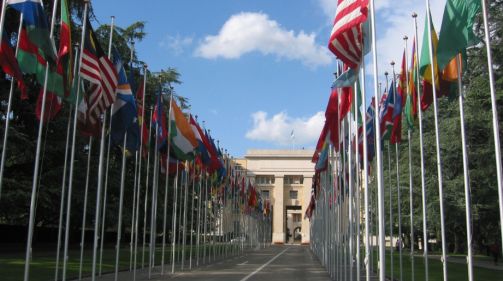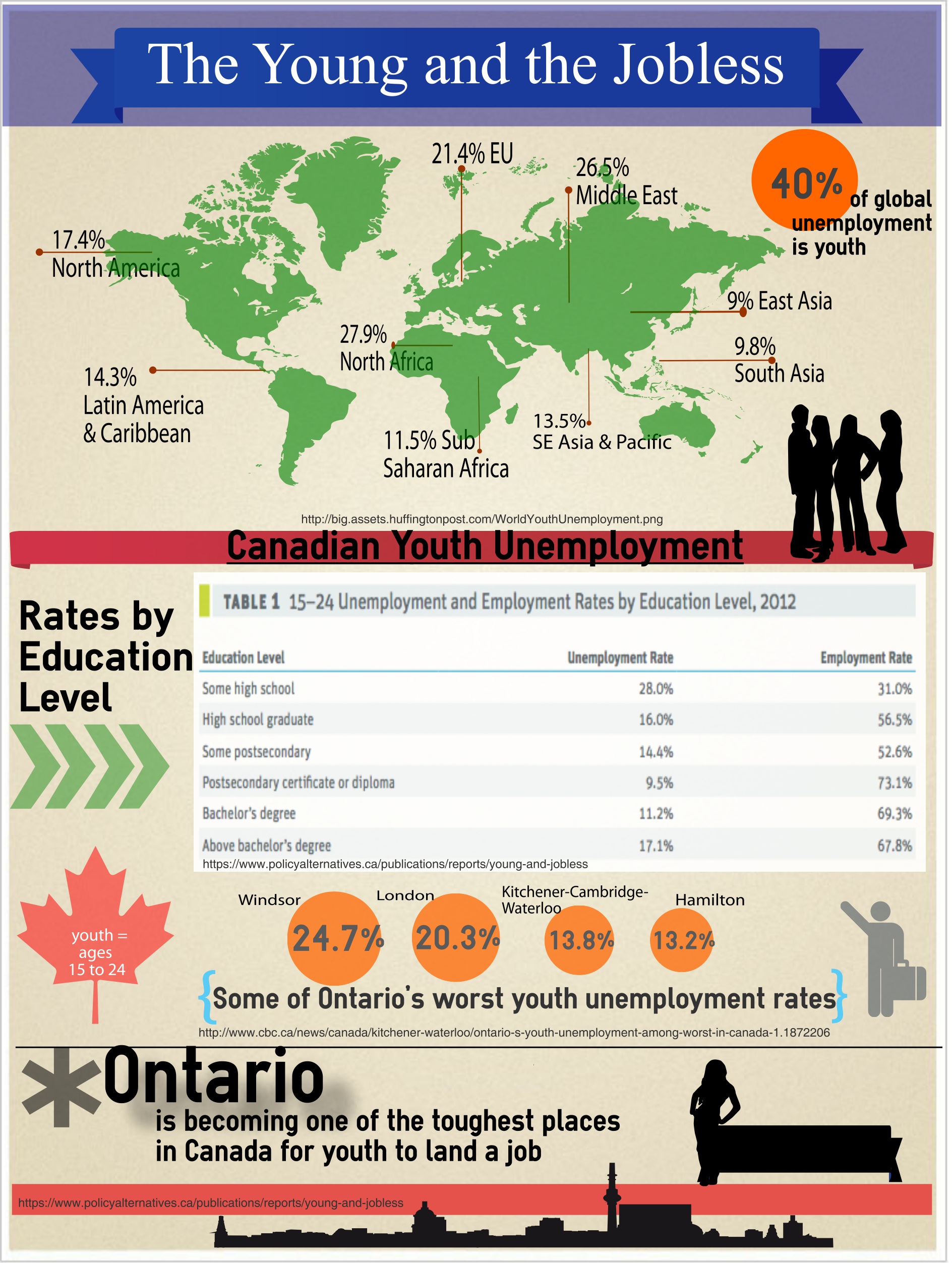Since the development and implementation of the Joint Comprehensive Plan of Action (JCPOA), there has certainly been a significant change in Iran’s relations with the world. Most recently, we have not only witnessed a prisoner swap between Iran and the United States, an opportunity that many argue would not have been available without the JCPOA, but the re-opening of both diplomatic relations and commerce between Iran and the West. In a striking of reversal of strained relations with Iran, the Canadian Government has recently pledged to lift current nuclear sanctions on Iran, and re-open its embassy in Tehran. While these gains are momentous in their own right, the real success comes in the return of Iran into the view of the International Atomic Energy Agency (IAEA).
From Tension to Cooperation
As the global nuclear watchdog responsible for monitoring compliance with the non-proliferation goals set out in the Treaty on the Non-proliferation of Nuclear Weapons (NPT), the IAEA plays a major role in curbing the potentially militaristic ambitions of global nuclear powers. Since 2002, when the IAEA first discovered Iran’s enrichment capabilities, the agency had struggled for years to confirm the nature of the country’s nuclear program, including concerns over possible military dimensions. Consequently, the US and its international partners imposed an intricate system of sanctions on Iran, which essentially locked it out of the global financial system and limited the activities of its energy sector.
Since the establishment of the JCPOA however, the situation has changed and the international community has now witnessed greater cooperation between Iran and the IAEA. As demonstrated in the most recent IAEA Board of Governors Report, Iran has not only reduced its stockpile of low enriched uranium (possessing no more than 300 kg), either through “down blending to natural uranium, or sale and delivery out of Iran,” but is no longer enriching uranium above 3.67% U-235. Additionally, as the report notes, Iran has both dismantled a large portion of its centrifuge fleet and ceased enrichment activity at many of its declared nuclear sites, such as the Fordow Fuel Enrichment Plant. This reduction and cap in the enrichment of its nuclear stocks not only pushes Iran further away from the threshold necessary for the production of nuclear weapons, but will place a considerable strain on any militaristic designs it may have for its civilian program in the future.
Above all else, the report indicates that Iran will “provisionally” apply the Additional Protocol to its Safeguards Agreement. The Additional Protocol provides the IAEA with expanded information and access to a greater number of declared and undeclared nuclear sites, thereby providing the agency with a fuller picture of Iran’s nuclear activities. As stated by IAEA Director General, Yukiya Amano, “ This paves the way for the IAEA to begin verifying and monitoring Iran’s nuclear-related commitments under the agreement, as requested by the U.N. Security Council and authorised by the IAEA Board.” Therefore, by strengthening cooperation between Iran and the IAEA, the JCPOA provides the global community with greater knowledge and insight into Iran’s nuclear activities, and provides assurances that its program is indeed peaceful.
A Difficult Road Ahead?
Moving forward, it is difficult to predict how future challenges may impact the gains made by the JCPOA, particularly as political dynamics in Iran and the United States begin to shift, and hardliners staunchly opposed to the deal attempt to exploit the upcoming elections in both countries to strengthen their influence. Most recently, the Iranian Guardian Council, the body responsible for vetting electoral candidates has disqualified almost 99% of Iran’s moderate candidates from competing in the upcoming elections in late February. Additionally, Republican presidential candidates in the US have without fail each criticized the Iran deal and threatened to repeal the agreement if elected President.
Finally, the Islamic Republic continues to engage in a host of nefarious activities that will complicate its future relations with the West. Iran not only continues to support the Assad regime in Syria, but its sponsorship of terrorist groups, such as Hezbollah is not likely to let up soon. Furthermore, Iran continues to expand its ballistic missile program, an issue of grave concern for the US and its allies. On January 17, following two missile tests conducted by Iran this past fall, Washington issued new sanctions against 11 Iranian entities linked to the country’s missile program. Given these developments, one thing is clear; if current progress on the Iranian nuclear file is to be held firmly in place, both Iran and the international community must continue to utilize the momentum produced by the JCPOA and attempt to rectify remaining issues of concern.




